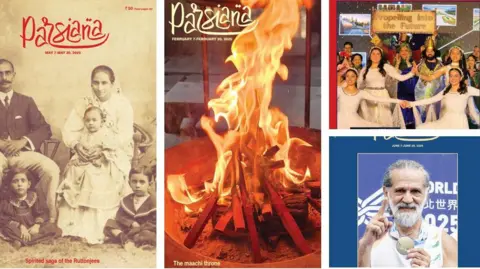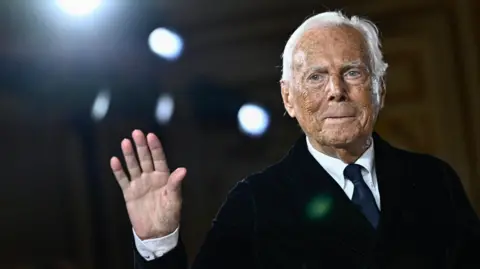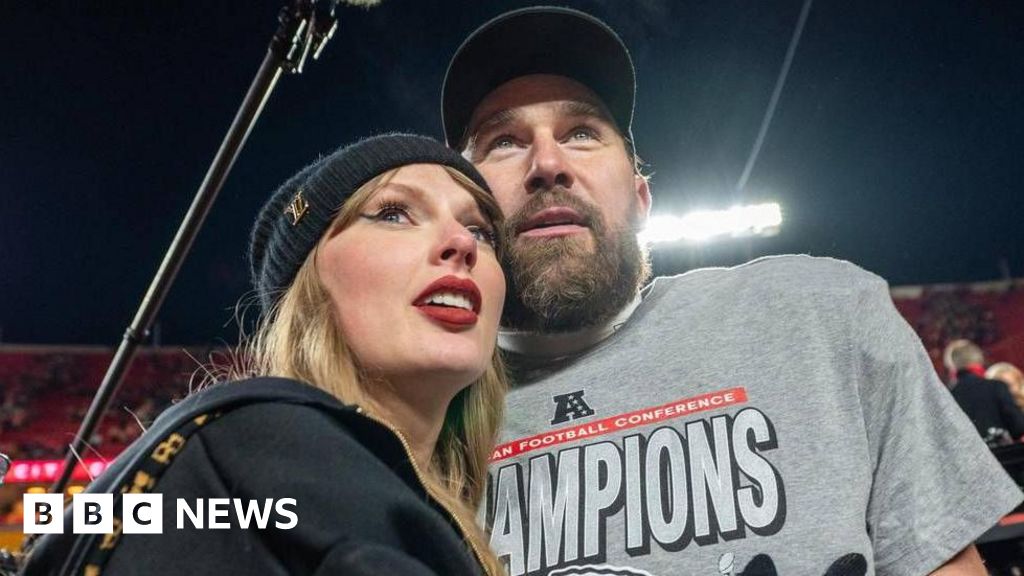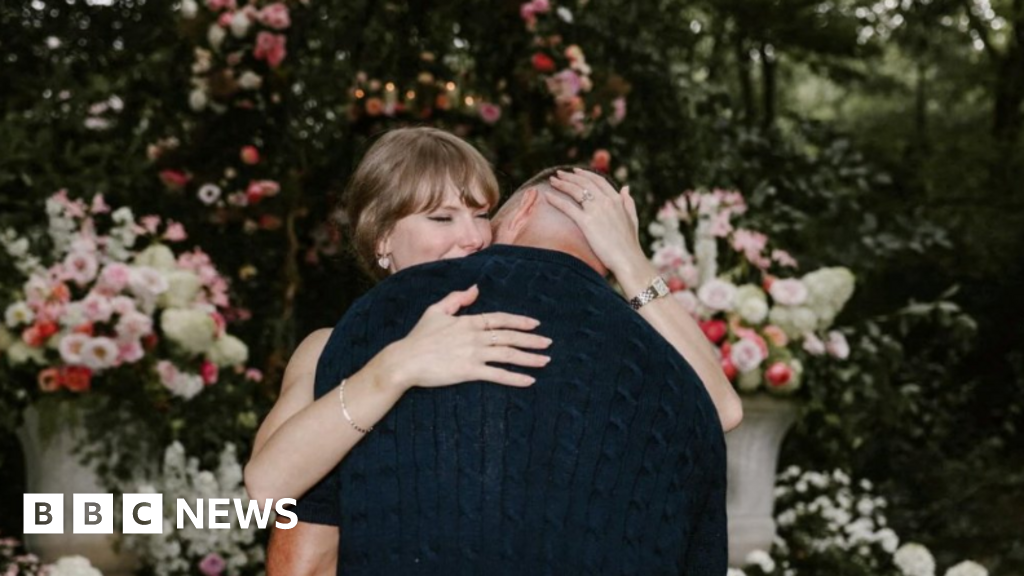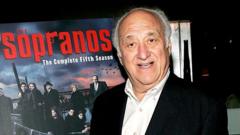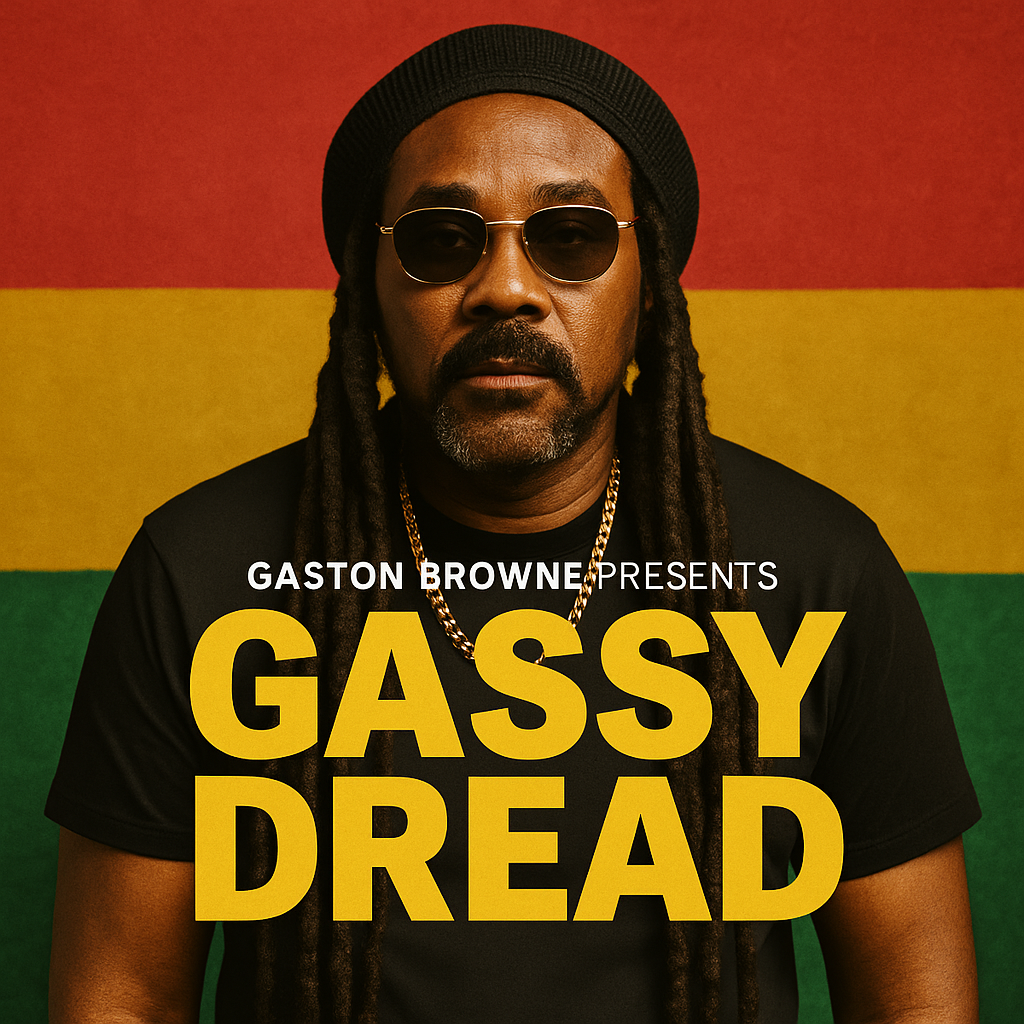Born in North Carolina and raised in Arlington, Virginia, Flack demonstrated her musical talent from a young age, earning a scholarship to Howard University at just 15 years old. Initially trained as a classical pianist, she later transitioned into R&B, jazz, and soul, captivating audiences worldwide.
Flack's illustrious career began when she was discovered singing at a jazz club by Les McCann, who recognized the emotional depth in her voice. She achieved her first major success in her 30s when "The First Time Ever I Saw Your Face" graced the soundtrack of Clint Eastwood's 1971 film "Play Misty For Me," ultimately winning the Grammy for Song of the Year. She followed this success with another Grammy-winning hit, "Killing Me Softly with His Song," solidifying her status as a leading artist of her time.
Throughout the 1970s, Flack produced several chart-toppers, including "Feel Like Makin’ Love," exhibiting her versatility and passion for music. Despite her success, she took time off from performing to focus on recording and charitable endeavors. Over the years, she collaborated with numerous notable artists, including Donny Hathaway and Miles Davis, enriching her musical repertoire.
In her later years, Flack continued to influence the music industry by participating in various projects, including the Grammy-winning duet "Set the Night to Music" with Maxi Priest and an album of Beatles covers, "Let It Be Roberta," released in 2012.
Flack’s soulful approach to singing reflected her belief in conveying deep emotions through music, a sentiment she expressed to journalists throughout her career. Aside from her musical journey, she dedicated herself to the Roberta Flack School of Music in New York, impacting the next generation of musicians.
In 2020, she received a lifetime achievement award from the Grammys, an honor she cherished as validation for her lifelong commitment to storytelling through her music. Flack's legacy continues to resonate today, especially after her iconic song was revitalized by Lauryn Hill and The Fugees in 1996, introducing her work to a new generation of listeners.
The music community grieves the loss of a true icon, remembering Roberta Flack not only for her soulful melodies but also for her fearless artistry and philanthropic spirit.
Flack's illustrious career began when she was discovered singing at a jazz club by Les McCann, who recognized the emotional depth in her voice. She achieved her first major success in her 30s when "The First Time Ever I Saw Your Face" graced the soundtrack of Clint Eastwood's 1971 film "Play Misty For Me," ultimately winning the Grammy for Song of the Year. She followed this success with another Grammy-winning hit, "Killing Me Softly with His Song," solidifying her status as a leading artist of her time.
Throughout the 1970s, Flack produced several chart-toppers, including "Feel Like Makin’ Love," exhibiting her versatility and passion for music. Despite her success, she took time off from performing to focus on recording and charitable endeavors. Over the years, she collaborated with numerous notable artists, including Donny Hathaway and Miles Davis, enriching her musical repertoire.
In her later years, Flack continued to influence the music industry by participating in various projects, including the Grammy-winning duet "Set the Night to Music" with Maxi Priest and an album of Beatles covers, "Let It Be Roberta," released in 2012.
Flack’s soulful approach to singing reflected her belief in conveying deep emotions through music, a sentiment she expressed to journalists throughout her career. Aside from her musical journey, she dedicated herself to the Roberta Flack School of Music in New York, impacting the next generation of musicians.
In 2020, she received a lifetime achievement award from the Grammys, an honor she cherished as validation for her lifelong commitment to storytelling through her music. Flack's legacy continues to resonate today, especially after her iconic song was revitalized by Lauryn Hill and The Fugees in 1996, introducing her work to a new generation of listeners.
The music community grieves the loss of a true icon, remembering Roberta Flack not only for her soulful melodies but also for her fearless artistry and philanthropic spirit.










